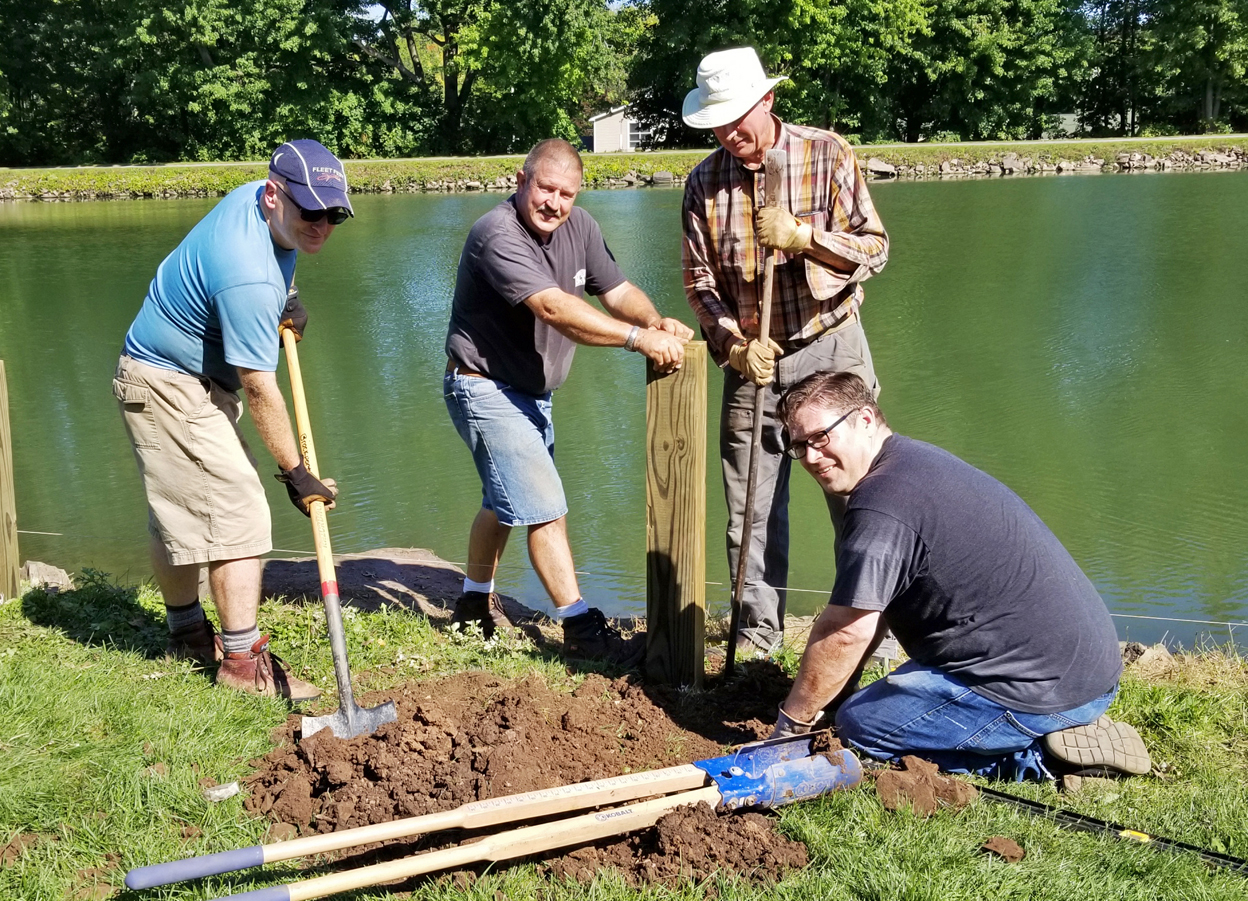Tips to help parents support kids amid COVID-19 outbreak
As all K-12 schools across New York State are being forced to close to help slow the rapid spread of the coronavirus (COVID-19) in one of the nation’s hardest-hit states, many families are feeling anxious and on edge. For kids, though, this can be an especially scary, confusing, and overwhelming time.
For teachers, in particular, and for parents, it’s important to provide social and emotional support to students during the most challenging times because it directly impacts their learning and how they view themselves in and navigate the world. School counseling expert Bonnie Rubenstein, EdD, professor at the University of Rochester’s Warner School of Education, says that it’s important to develop and maintain a culture of caring—not only at school, but also at home.
“Above all, children need to feel empowered,” says Rubenstein. “Providing kids with a sense that they belong and are competent to make decisions helps them to feel assured and in control. When children feel confident, they also develop a measure of resiliency that helps them navigate an unprecedented, disruptive time like this.”
Rubenstein offers the following additional tips to parents and caregivers to help children cope with anxiety around COVID-19:
Keep calm.
These trying times can be very overwhelming and stressful for everyone, including kids. They pick up on everything from the adult conversations around them to the information they encounter on social media and from peers, so it’s important to be a good role model. Remember that panic only creates more panic. If you are afraid, it’s important that you work through your anxiety so that you do not further escalate your child’s worries. And remember, kids do not learn well when they are feeling stressed.
Listen and be supportive.
Being a good listener is key. Let them raise and share their own concerns. Reflect on and validate their feelings. It’s okay to say, “I’m feeling a little worried too, but we will take care of ourselves and get through this.” It’s important to meet children where they are and to answer their questions and to address their concerns. Help children communicate their feelings and remind them that it’s okay to feel sad, mad, afraid, or confused.
Be honest and accurate.
Information is useful, but too much information can have the reverse effect. Talking about the facts that we know helps to relieve anxiety. And, most importantly, be honest and accurate but not gloomy.
Emphasize safety.
Reassure kids that they are safe. Teachers, doctors, and scientists across the country are working on this and doing everything possible to protect us and keep us safe. And focus on all the other caring adults around them who are working to keep them safe.
Encourage healthy habits.
All of the things we know as adults—eating healthy, mindfulness activities, and getting plenty of sleep—are important to practice at home, not only during school closures, but every day. Give kids instructions on how to stay safe and healthy. All school districts share pointers for healthy habits, so use your school’s website as a valuable resource for this. Lastly, regularly review and model basic hygiene and health practices for protection.
Limit social media.
Your kids might be scared of things they’ve heard or seen on television or social media. Monitor and limit social media and screen time to prevent children from becoming oversaturated with frightening messages. Instead, do fun things, if possible.
Enjoy quality time together.
Above all, engage in enjoyable activities together. Some activities to do at home as a family include: reading books together, doing puzzles, building forts, going for walks, painting, playing with Legos. Simply put, just spend time together. While this is a scary time, it could very well be remembered as one of their best childhood memories. And, above all, remember to always give children choices whenever possible.
Provided information




